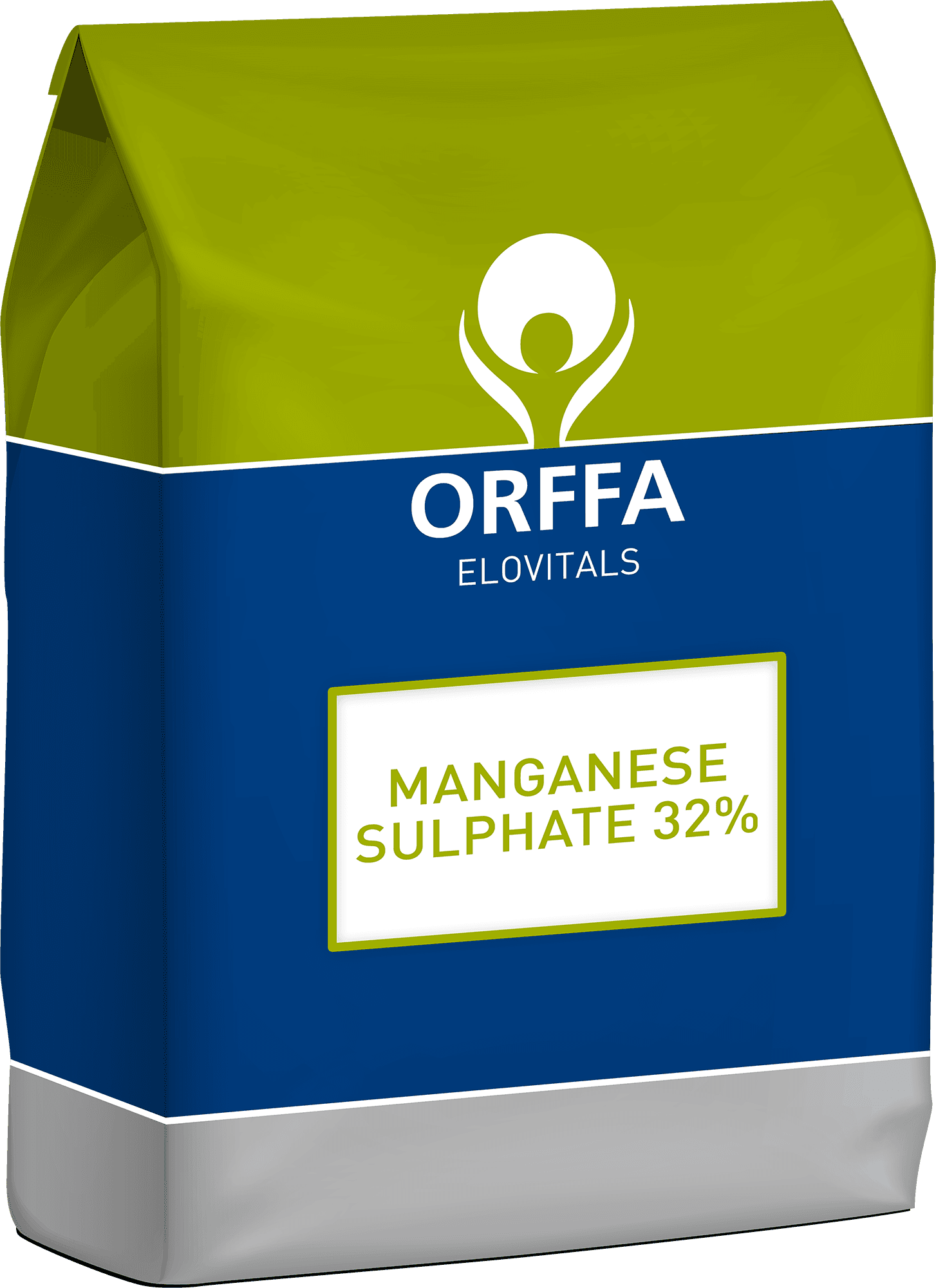Minerals are elements that come from the soil and water and cannot be made by living organisms. Most of the minerals in animal diets come directly from plants or indirectly from animal origin. Minerals from plant sources and water may vary from place to place, because soil mineral content varies geographically. Minerals have an important function in animal nutrition. They play major role in the development and maintenance of the skeletal system and perform many other physiologic functions. Animal diets are formulated with different feed materials. These feed materials contain different amounts of minerals, depending amongst others on the origin. To cover the requirement of animals, extra minerals have to be added to the diet. Minerals that are added to animal diets are: calcium, phosphorus, magnesium, potassium, sodium and chloride. These minerals can be added in different forms.
Trace elements
Trace elements are minerals that are needed by the body in very small amounts. As minerals they come from the soil and water and cannot be made by living organisms. Most of the trace elements in our diets come directly from plants or indirectly from animal origin. Important trace elements are copper, zinc, manganese, selenium, cobalt, iron and iodine. Although the daily requirements for these trace elements are expressed only in microgram or milligram, they have essential tasks to ensure optimal body functions (e.g. triggering metallo-enzymes, enzyme cofactors or as components of hormones of the endocrine system).
New innovations in trace elements nutrition
Besides the traditional inorganic trace elements, Orffa offers new innovative sources of trace elements with improved bio-efficacy, improved animal performance and improved health status.
Availability can depend on region.





